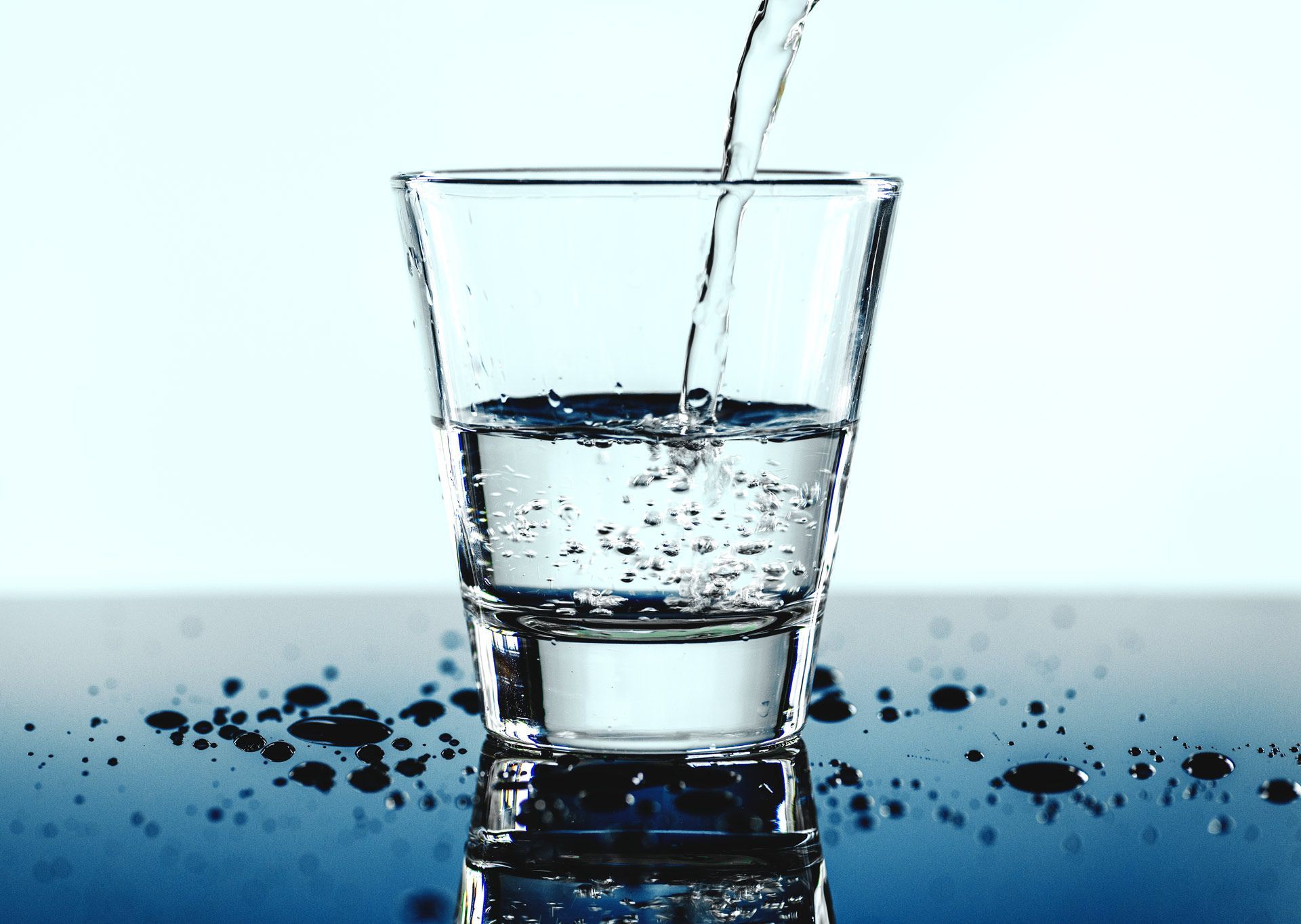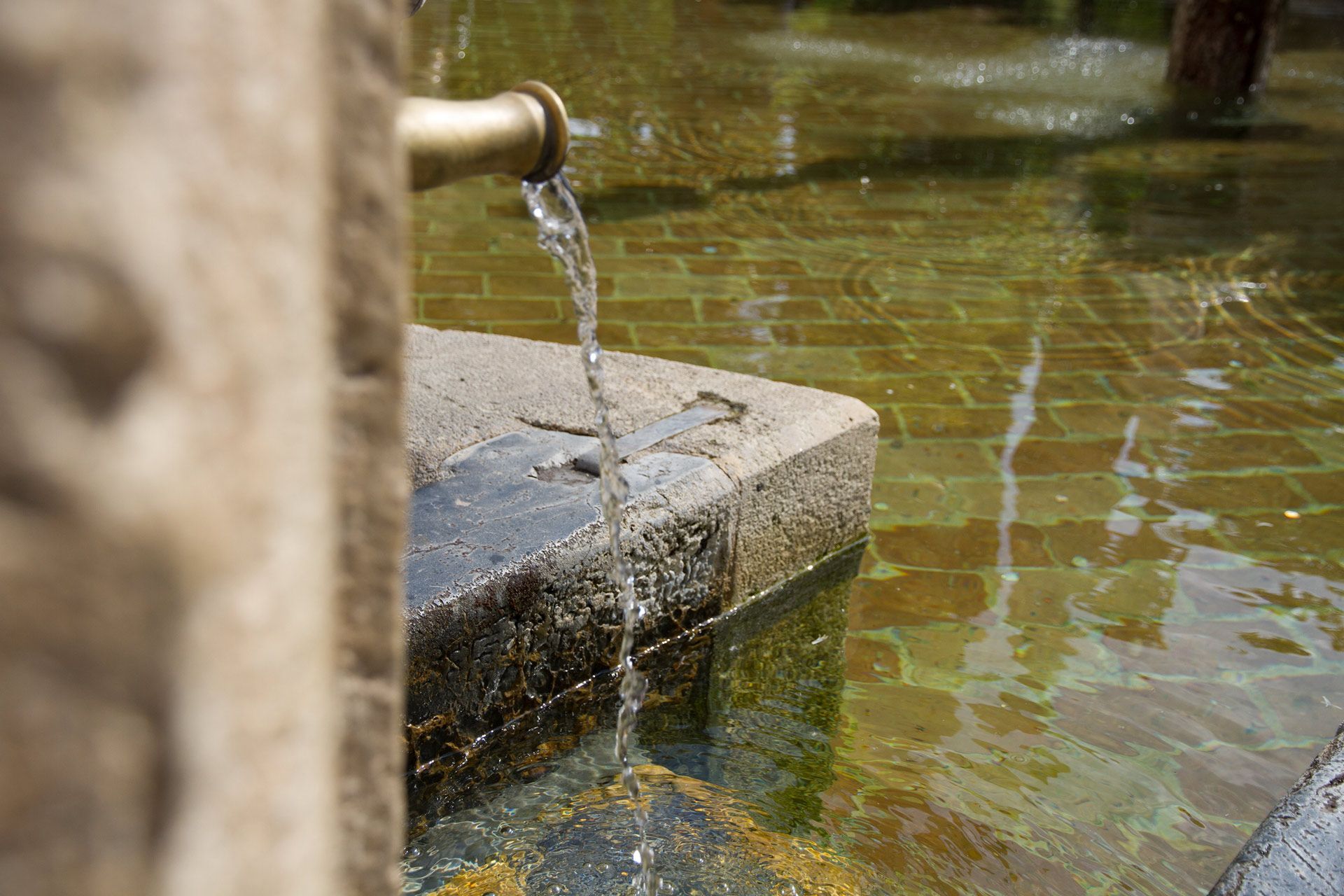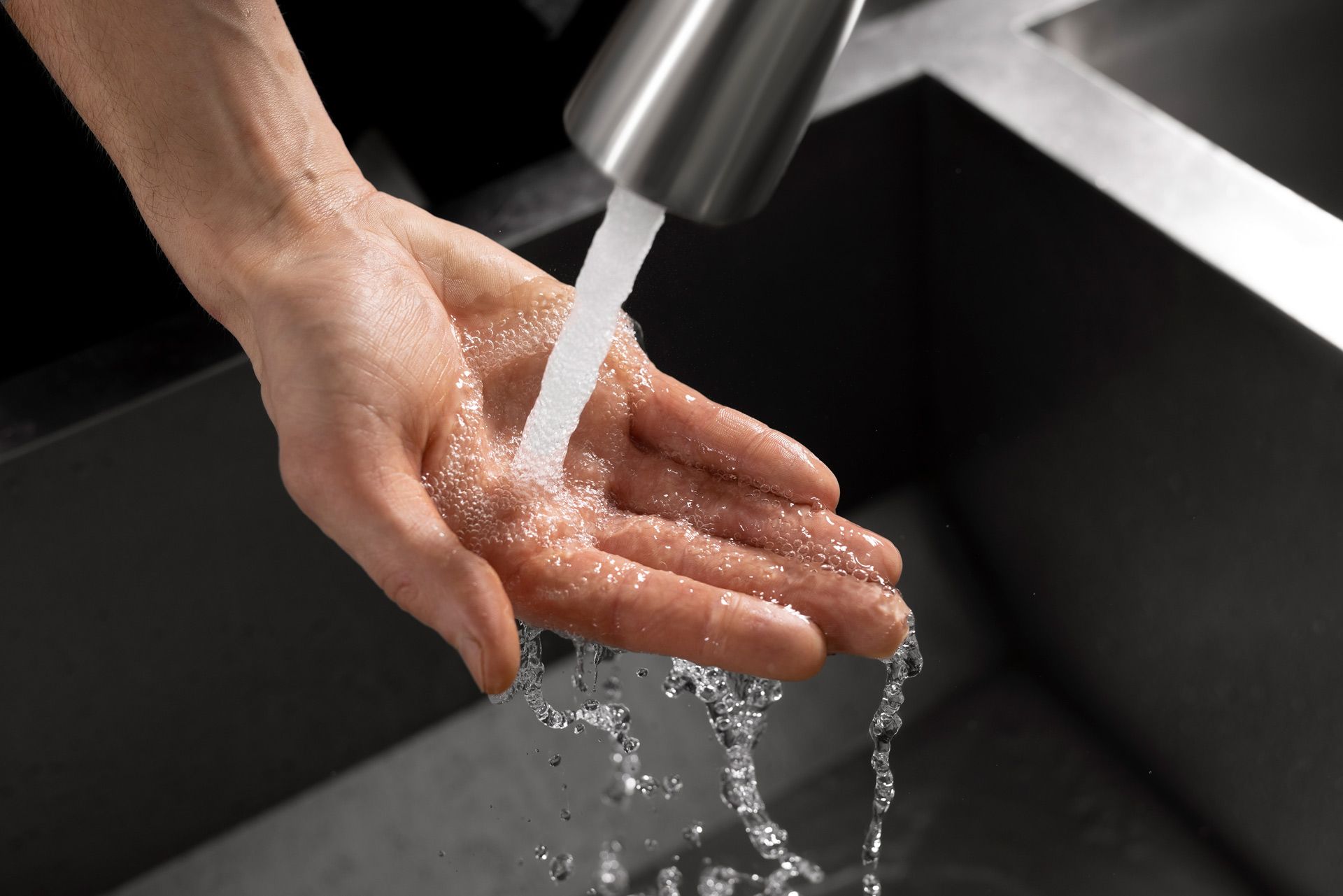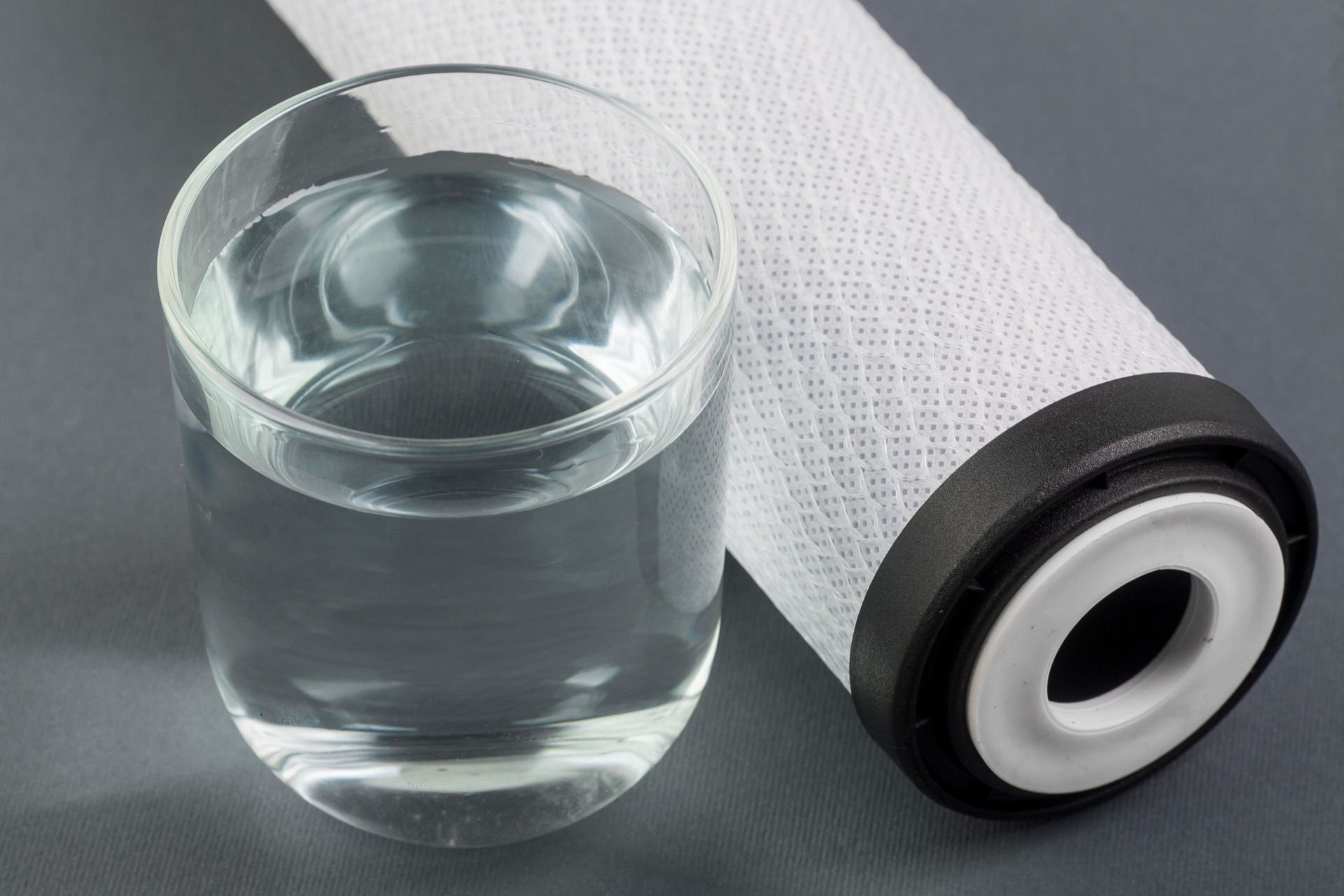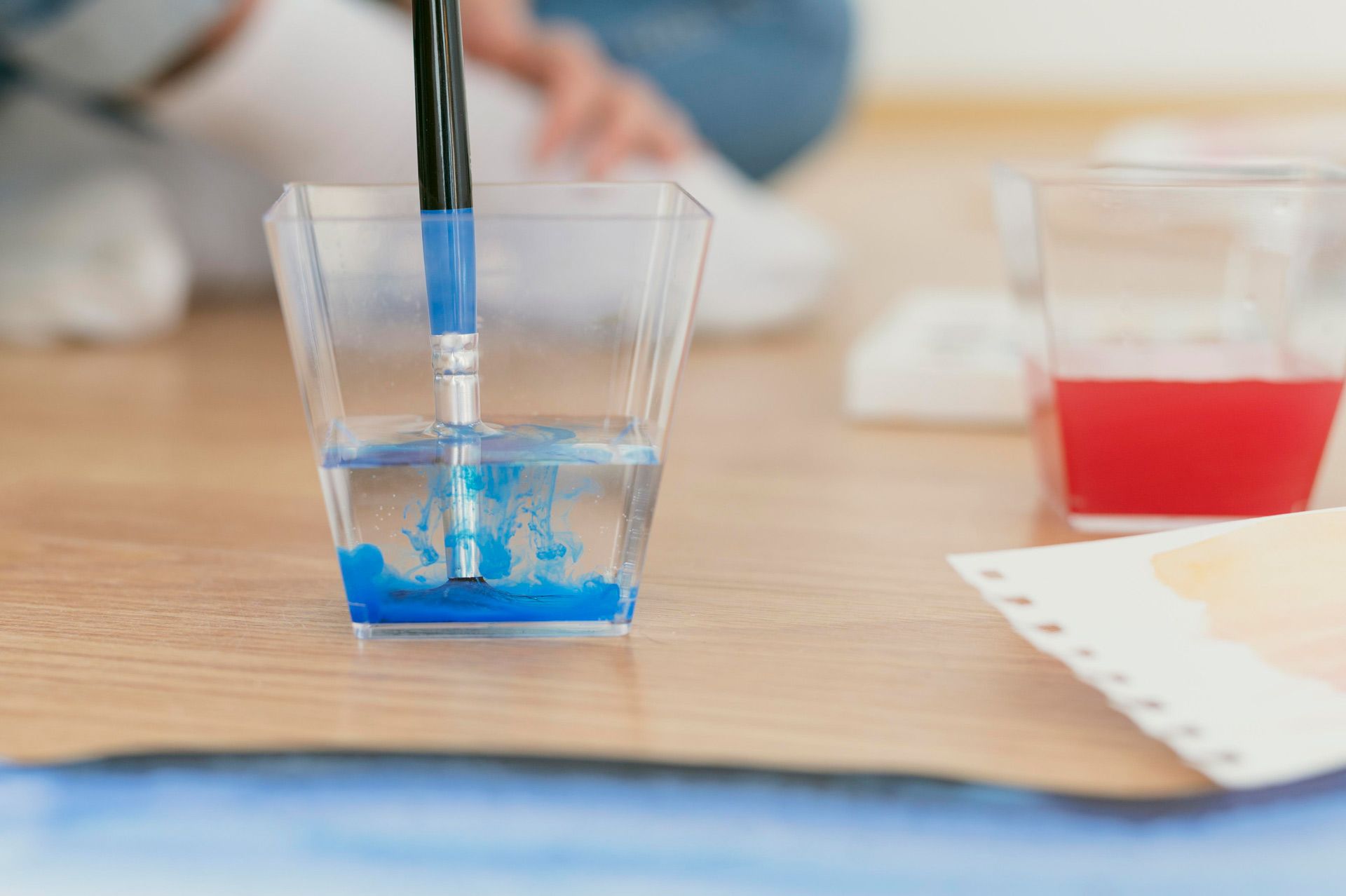Top Signs Your Water Filtration System Needs Maintenance (and Common Fixes)
September 7, 2025
Introduction
A water filtration system is one of the best investments you can make for your home. It delivers cleaner, safer water for drinking, cooking, bathing, and protecting your appliances. But like any system, it doesn’t last forever without care.
When filters clog or parts wear out, your system can stop working effectively — sometimes without you even realizing it. Knowing the early signs of trouble can save you costly repairs and ensure your family continues to enjoy safe, high-quality water.
This guide highlights the top warning signs your water filtration system needs maintenance and some of the most common fixes.
Why Maintenance Matters for Water Filtration Systems
Your water filtration system is constantly working in the background, trapping contaminants and protecting your home. Without proper upkeep:
- Filter cartridges clog, lowering water flow.
- Contaminants slip through, reducing water safety.
- Appliances and plumbing face increased wear and tear.
- The system itself may break down sooner than expected.
Regular maintenance ensures your system performs as designed, delivers consistent water quality, and protects your investment.
Top Signs Your Water Filtration System Needs Attention
Here are some of the most common red flags homeowners should watch for.
- Noticeable drop in water pressure: If faucets and showers suddenly have weak flow, clogged filters may be restricting water movement.
- Strange taste or odor: A musty, metallic, or chlorine-like taste often signals filters are full or exhausted.
- Cloudy or discolored water: Visible changes suggest your filter is no longer trapping sediment or other contaminants effectively.
- Frequent filter changes: If you’re replacing filters far more often than recommended, it may indicate poor water quality or system malfunction.
- Leaking or pooling water: Cracks, worn seals, or improper installation can lead to leaks around the system.
- System noises: Gurgling, hissing, or unusual sounds can point to air trapped in the lines or pressure issues.
- Appliances showing buildup: If dishwashers or kettles still scale up, minerals may be bypassing the system.
Common Fixes and What to Do Next
Not every issue means your system is failing. Many problems can be resolved with simple steps.
- Replace filter cartridges
Most filters need replacing every 6–12 months. Mark a calendar or set reminders so you don’t forget. - Check for leaks and tighten connections
Inspect housings, seals, and fittings regularly. Replacing O-rings often solves small leaks. - Flush the system
After changing filters, flushing helps clear air pockets and debris. Follow manufacturer instructions. - Schedule a professional inspection
If problems continue, a technician can test water pressure, evaluate system flow, and check for hidden issues. - Upgrade or repair parts
In older systems, valves, housings, or media may need to be replaced. Sometimes upgrading to a newer system is more cost-effective.
FAQs
How often should I service my water filtration system?
Most systems need filter replacements every 6–12 months. A full inspection by a professional once a year is also recommended.
What happens if I don’t maintain my water filter?
The system becomes less effective, water quality drops, and contaminants may pass through untreated. You may also see appliance damage from sediment or minerals.
Can I do maintenance myself?
Basic steps like changing filters or checking for leaks can often be done by homeowners. For testing, troubleshooting, or major repairs, it’s best to call a professional.
Why is my filter clogging so quickly?
It may be due to poor source water quality, heavy sediment, or system undersizing. A professional water test can identify the cause.
How do I know if my system needs upgrading?
If repairs are frequent, water still tastes off, or your household water demands have grown, it may be time for a replacement or upgrade.
Conclusion
Your water filtration system works hard every day to keep your water safe, clean, and refreshing. But without regular maintenance, even the best system can’t do its job properly.
By watching for warning signs like low pressure, strange tastes, or leaks, and by taking simple maintenance steps, you can extend your system’s lifespan and protect your family’s water quality. For ongoing peace of mind, professional inspections and servicing are the best way to ensure your filtration system keeps working at its best.



